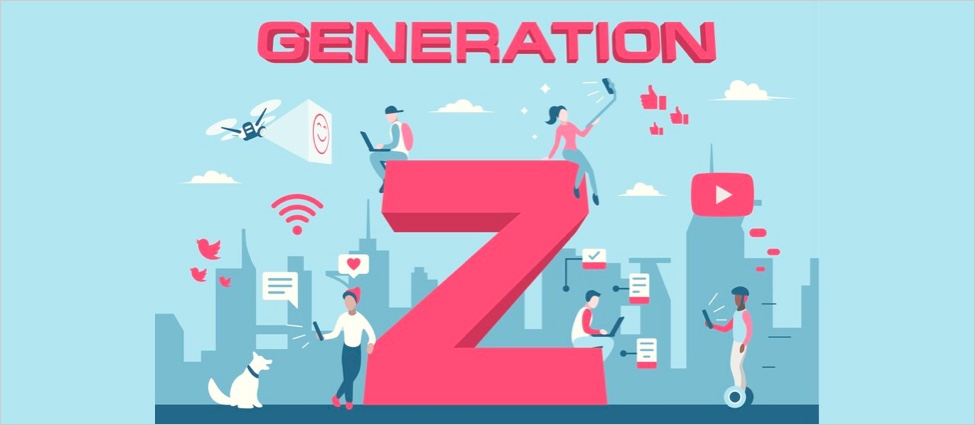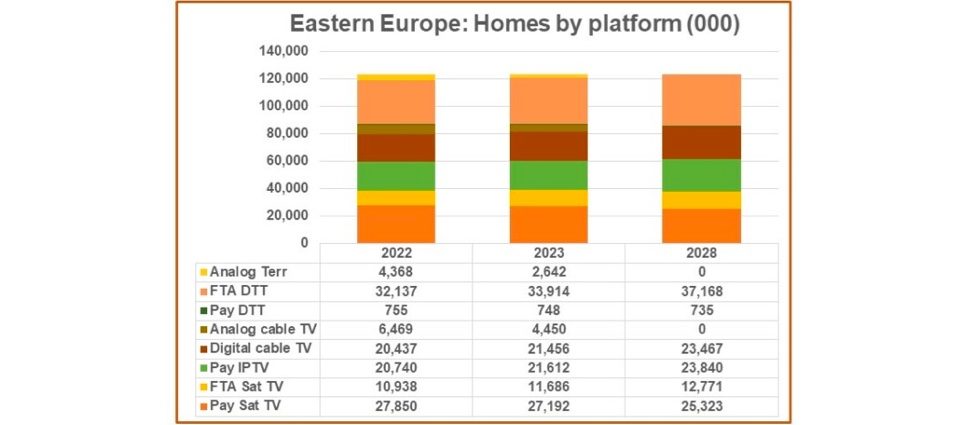Gen Z’s Digital Dilemma: Does the Never Ending Stream of Trends Point to Something More Sinister?
Gen Z, the generation born between the mid-1990s and early 2010s, has been credited with inventing a plethora of new aesthetics and subcultures. From cottagecore to dark academia, this generation seems to be constantly reinventing and redefining what it means to be ‘in’. The collective internet seems to be dismissing these trends as mere internet fads, but the truth is that they represent something deeper — a severe sense of disconnection and alienation that many young people feel.
In a world where social media dominates, Gen Z is constantly bombarded with images of perfection and success, making it difficult to find a sense of belonging amidst all the perfectly curated ‘good side’ of everyone around them. They are the first generation to fully experience the potential mental health crises caused by the immersion of social media, leaving them stranded when it comes to healing and understanding the damage done. This generation constantly experiences emotional connection to people all over the world, but is severely lacking genuine human interaction due to the climate previous generations have built. The unprecedented pressure this generation feels trying to live up to ever-increasing societal expectations coupled with the dismissive attitude they face from older generations makes it easy to understand why they feel so powerless. This generation feels frustrated and alone at all angles, from feeling left out of the current political climate to having no support in their approach to traditional gender norms, and we are ignoring their cry for help. They feel a widely resonating burnout when it comes to education and career paths, as they are seemingly left to pick up the crumbs left by previous generations. By creating their own niche communities they are reclaiming their identities and carving out a space for themselves in a world that has isolated and abandoned them. The fact that these spaces have gained such a strong following is a testament to the need for belonging within Gen Z.
Growing up in the Digital Age
There are many known problems caused by social media such as anxiety, depression, self esteem issues, and FOMO (Fear Of Missing Out). The internet has a way of creating a vicious cycle: instilling anxiety, depression, and FOMO, then becoming what we rely on when we feel anxious, depressed, and worried about the latest headlines. But what happens when an entire generation is constantly stuck on the merry-go-round of scrolling, starting from the time they are old enough to use technology? What this age group is experiencing is completely unprecedented, and it is impossible to ignore the detrimental effects that having complete access to endless information from a young age has caused. From the moment they receive some sort of technology, they are unable to turn away from the stream: witnessing horrifying posts, hearing the pleas of millions of people on the internet fighting for one cause or another, watching crisis after crisis unfold, and partaking in conversation with all sorts of sinister characters. All of this, and without the ability to look away. They are left with guilt from stepping away for too long. What if something happens and I am not there to offer my support? What if something terrible is spreading near me and I am unaware? What if I am seen as insensitive for not talking about the current topics? These emotions are not something previous groups have experienced. With nobody to understand their constant feelings of dread and hopelessness aside from each other, creating as many colorful and accepting spaces as possible is their form of escapism. It is completely understandable why they would need such a space — to get away from the stream without becoming too disconnected.
How to Answer Their Call for Help
Gen Z feels ignored, abandoned, and dismissed in nearly all aspects of their lives. They have no political voice, older people are not taking them seriously, and their education/career choices lack the creativity and collaboration this generation has displayed a craving for. Society needs to pick up the slack surrounding our children, starting with recognizing that there is no space for them. This group feels as though there are no fulfilling career paths left as they are filled with the generations before them, their views on self expression are not widely accepted, and the world is ignoring their cries for inclusive change. They’ve been left with no choice but to create spaces where they feel they are able to voice their opinions without judgement and fear, hidden away from the rest of the internet. With this generation’s creatives shying away, left abandoned, and not having the opportunity to contribute to society, what will happen when they truly are alone? When they are the generation in charge? We need to do better. We need to give them the space they deserve, the education opportunities they require to succeed, and to seriously consider their ideas on the same scale as everyone else — our future depends on it.




